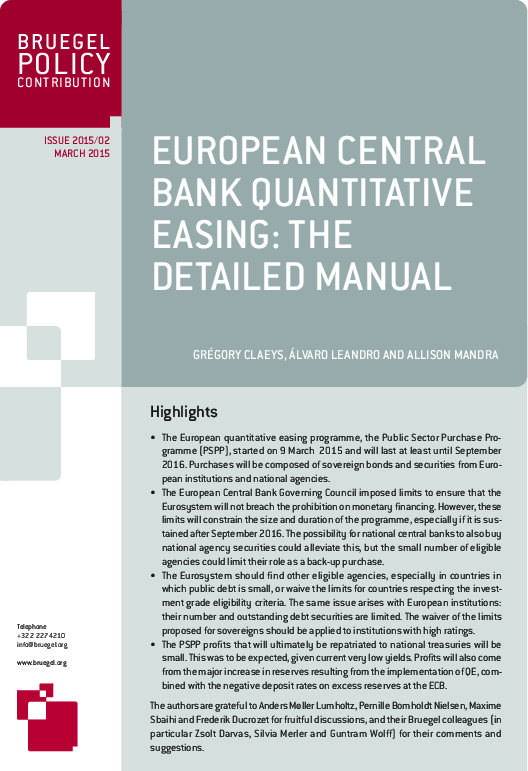Former scholars

Allison Mandra
Former Research Intern
Allison Mandra is from the United States. She was an intern at Bruegel from November 2014 until June 2015. She obtained her Master’s in Macroeconomic Policy and Financial Markets from the Barcelona Graduate School of Economics, where she wrote a thesis on whether financial analysts’ price targets for public equities are concordant with the use of rational expectations in asset-pricing models.
She holds a Bachelor’s degree in Economics from Bates College in the United States, and wrote her undergraduate thesis on the instabilities and inequities of the current international reserve system, including an analysis of proposed avenues for reform. During her studies she also spent a semester at Cambridge University focusing on theories of industrial organization.
Allison’s research interests include macroeconomics and international financial stability.


